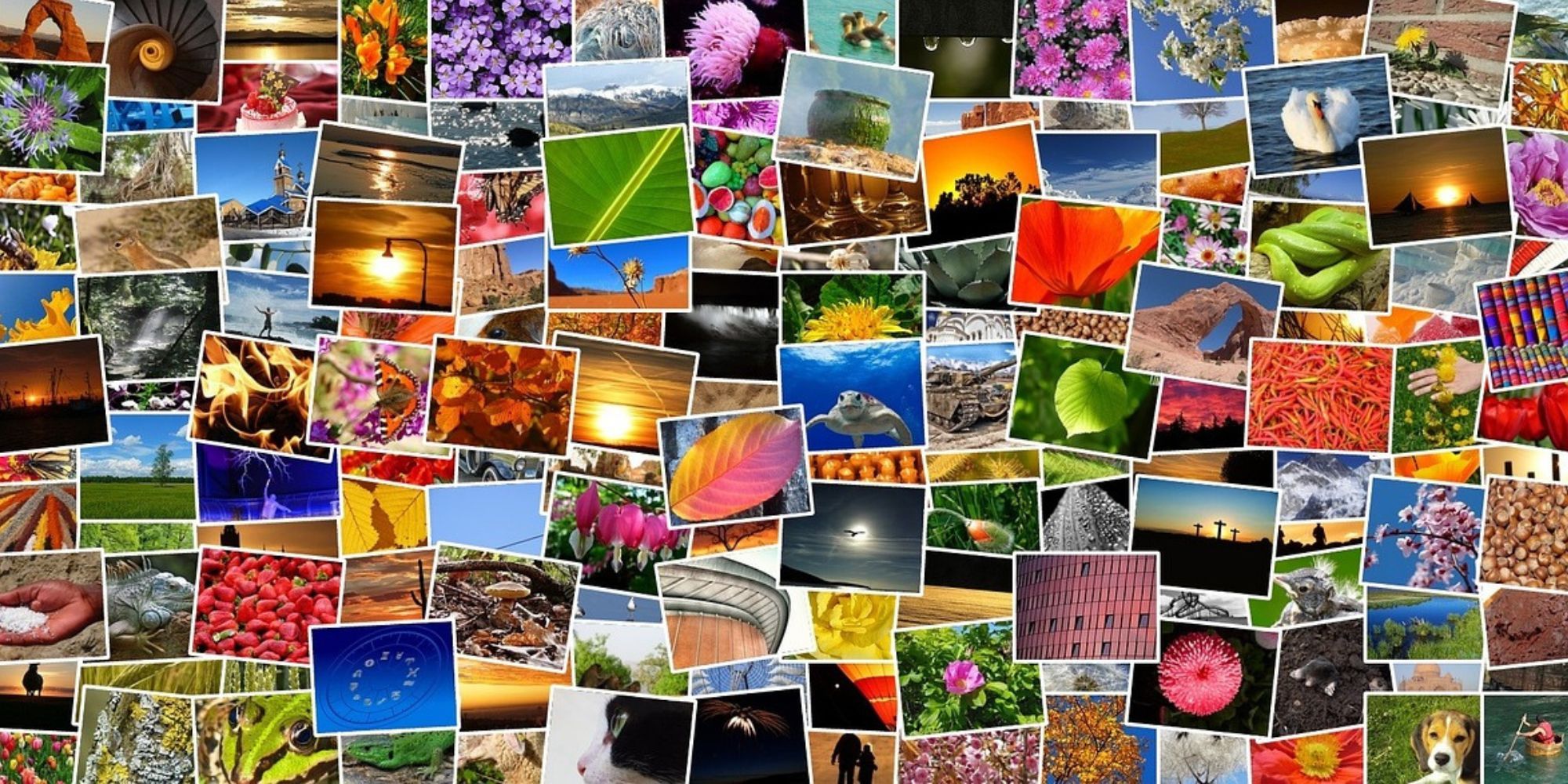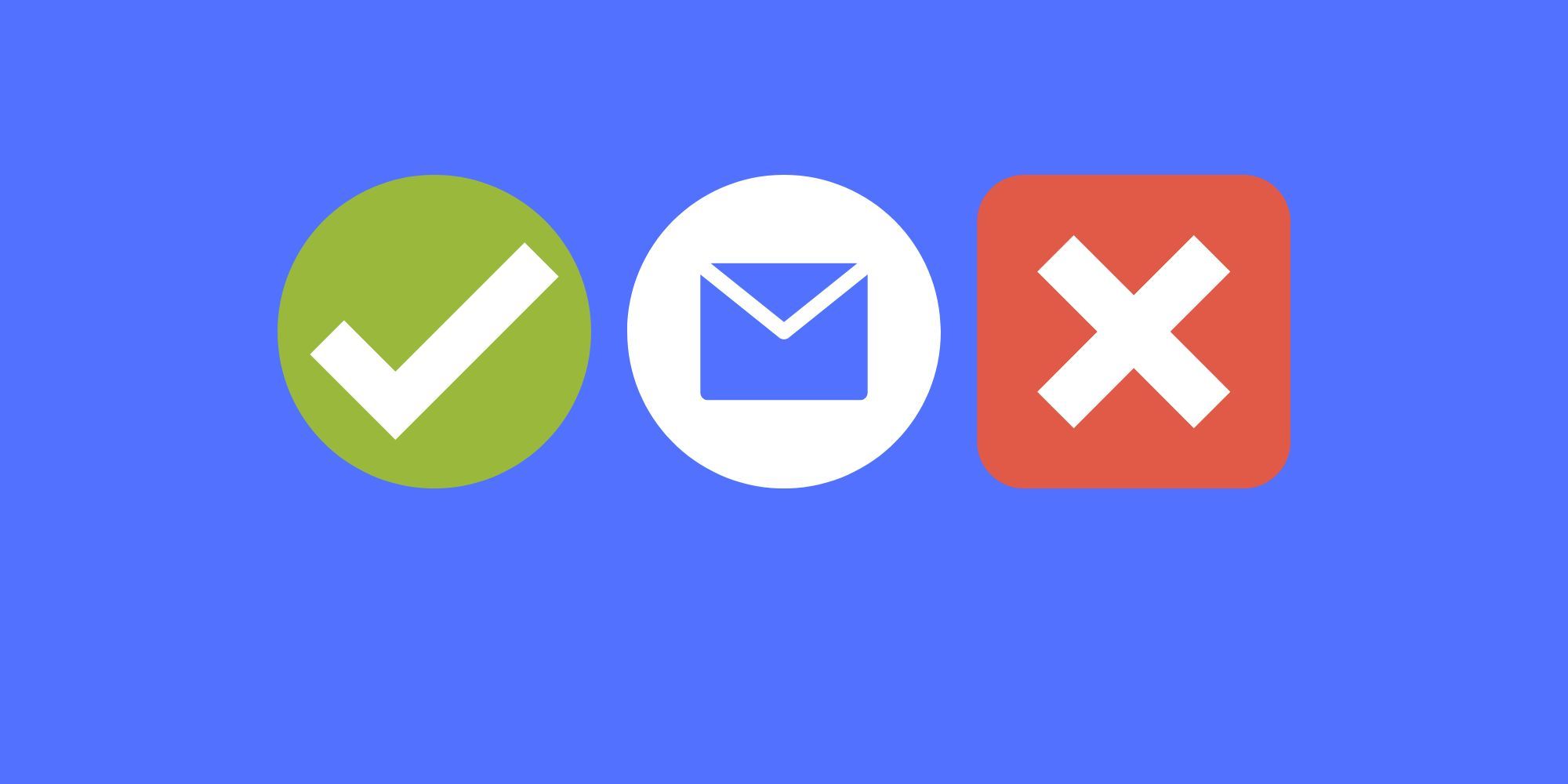
Digital Responsibility: A Marketer's Guide to Mindful Sharing

Digital Responsibility: A Marketer’s Guide to Mindful Sharing
If you’re a Facebook user, you’re like cattle. To the website, you are not a unique individual. Instead, you’re part of a collective. You are just one of many consumers that other companies want access to in bulk.
You can see the Facebook-to-user system as a symbiotic relationship that strays a bit from the initial livestock analogy. The social network provides us with a means to communicate with our friends and loved ones, and we provide the social network with real, in-depth, accurate market samples that they can sell as a product.
Even still, some businesses will go beyond Facebook’s usual advertising methods in an effort to target their desired market. They use a variety of tactics, and while they are not illegal or against Facebook’s terms and agreements, they might be worth knowing about.
Open Wall Popularity

Facebook presents itself as being all about community, and for us end-users, it is. On the other hand, to businesses, it’s simply a way to put the entire target market under one roof and address it all at once. With that said, online businesses often traditional customer service routes and use Facebook walls as public representatives. By presenting themselves as members of the community, businesses are able to communicate more effectively with consumers.
To be honest, this isn’t a bad idea. However, this offers just one more way for consumers to get sucked into loads of advertised promises. Once they know that a company is personal, they are more inclined to trust this company. In short, it’s the modern-day equivalent to the old mom-and-pop stores where the owner knows everyone’s name. Besides that, certain posts and comments addressing issues by the business are more likely to be shared.
Representation Through Images

Images are a serious tool for getting things done in the Facebook marketing world. In fact, you could consider them to be a bit like billboards on your news feed. However, Facebook has a few guidelines for certain images that businesses post—else, they can get in a bit of trouble.
For instance, cover photos on pages can’t feature price or discount information, a call to action, or a request for users to Like and Share (which inherently is a call to action). In other areas, it’s not much of an issue. However, do you really want an advertisement on your news feed when there are already enough on your sidebar?
With that said, non-advert images play a heavy role when it comes to Facebook marketing. How many times have you seen your friends share images of athletes, humorous photos, or classic memes that they didn’t upload? Upon further inspection, you may see who the image was originally posted by, and in many cases, a watermark from a company’s logo may be added.
This allows a company to get the attention of its market and then let its presence be known without using annoying ad-like images.
 ZoneAlarm Extreme Security NextGen
ZoneAlarm Extreme Security NextGen
A Call to Action

Whenever you look at Facebook business pages, you’ll see loads of “Like or share” posts. This is known as a “call to action” (CTA) because it requests that users do something. CTAs are not just featured on different types of landing pages , but right on social media in many little ways.
Typically speaking, traditional calls to action are something along the lines of “Call for more information” or “Shoot us an email” so they can make a connection with you. In this case, the company is connecting with you and using you as a means of free advertising.
Sometimes, as with the case of the images, there may be no call to action. The company may simply share an inspiring status update or a hilarious image, knowing that for some reason some users will feel the need to like or share it. You see, Facebook has already established the call to action for them. It’s right there under every post: Share or Like.
Event RSVPs

Signing up to events on RSVPs typically displays on your profile. This can give marketers information on what type of events you go to and in turn what topics you might be into, until the result is a fairly accurate picture of what type of marketing might work on you.
You could confirm attendance at events through private messages rather than RSVPing through Facebook. Knowing [how to make your Facebook private](http://Update Summary Introduction - Minor changes Open Wall Popularity - Removed outdated internal link & image. Minor changes to text Representation Through Images - No changes, just removed italics for a few words and removed image A Call To Action - Same as above Facebook Groups - Added section Event RSVPs - Added section Update Estimation: 30 %) in general is helpful when trying to give less away to marketers.
Facebook Groups

Facebook Groups is one of the last strong areas of the Facebook platform, with millions of users still engaging daily on them and talking about common interests. Keep in mind that the useful ways to discover new Facebook Groups work for you as they do for marketers, who will absolutely research a niche’s group list and join up.
Marketers learned a while ago that Facebook Groups are a great resource for market research, speaking directly to potential customers, and learning about what you like and don’t in order to learn how to target you (and others like you). It can come across a bit Facebook stalker-esque, but in reality marketers are just trying to find the best ways to communicate with you for your benefit as well as theirs.
By liking and sharing certain posts on Facebook Groups tailored around an interest, you’re unknowingly giving a lot of marketers information that can be used to market to you later down the line. There are no real ways around this, as there’s no point in you not liking or sharing a post you’re engaging with.
Joining private groups on Facebook can be a good way of ensuring some safety from marketers, depending on how strict the group is in terms of new membership signups.
Be Conscious of the Information You Provide
Facebook has changed the face of business, advertising, and marketing forever while also changing how we communicate.
While you should be comfortable using social media the way it was intended, just keep in mind that a lot of your publicly available data is of use to a marketer. The value in data from both individuals and collectives does encourage marketers to find it.
- Title: Digital Responsibility: A Marketer's Guide to Mindful Sharing
- Author: Michael
- Created at : 2024-09-01 03:37:37
- Updated at : 2024-09-02 03:37:37
- Link: https://facebook.techidaily.com/digital-responsibility-a-marketers-guide-to-mindful-sharing/
- License: This work is licensed under CC BY-NC-SA 4.0.
 Video Converter Factory Pro
Video Converter Factory Pro


